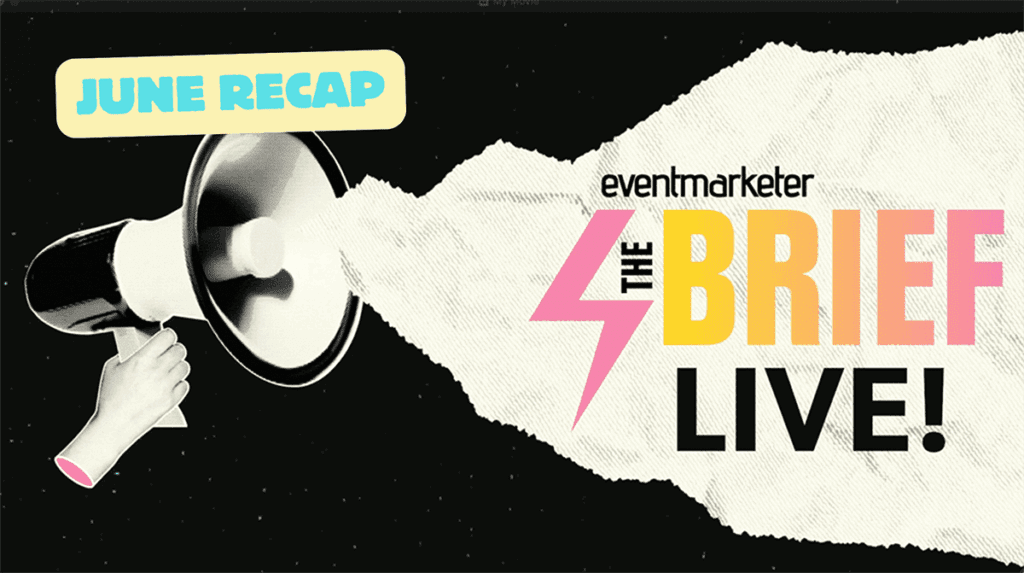WAY, WAY BACK, IN KINDER AND GENTLER TIMES, fundraising could succeed by using three little words:
We Need Help. You Certainly Do
Fundraising is a minefield that can blow the rhetorical legs off amateurs and dilettantes
WAY, WAY BACK, in kinder and gentler times, fundraising could succeed by using three little words: “We need help.”
Today? Forget it. If you want to raise funds and don’t want to lean on gifts and sweepstakes, you’d better have a reasonable understanding of which words work and which ones don’t. Fundraising is a brutal market, a minefield that can blow the rhetorical legs off amateurs and dilettantes.
That was driven home to me when the chairman of the local symphony orchestra stepped in front of the orchestra, microphone in hand, and “addressed” the crowd at the last concert of the current season.
“Ummm — this is the biggest organization of its type in the state,” he said. “Ummm — our budget is $10 million.”
No matter what he said after that, he was doomed. He didn’t have a fundraising clue. They have a budget of $10 million? That’s big business. Why not point out that the orchestra needs $750,000 to keep bringing culture to the community, and if everybody in the audience (about 2,500) pitched in with 50 bucks, that’s a huge step — one-sixth of the shortfall?
I could see people turning away to make small talk, as he made his final “Ummm — so let’s all get together and support this…ummm…wonderful group of musicians.” My wife whispered wryly, “I assume he didn’t do well in either Speech or Psychology 101.”
Is naming a specific total amount of money sound fundraising theory? The individual feels pygmy-like, a dwarf in a land of giants. The Smithsonian Institution sent a fundraising letter inviting us “to join an elite circle of Smithsonian friends known as Contributing Members. Through their membership, these individuals, from all walks of life and from every state in the union, have taken it upon themselves to help reach an annual goal of raising $12 million in private support for the Smithsonian.”
Hold it, Buster! The implications of joining that “elite circle” are downright threatening, since it’s an annual goal. And you put the concept in the past — “have taken” instead of “are taking.” Worse, the statement implies this is a fait accompli, already in existence without me, so I’m just an appendage. And how many of us are there in that Brobdingnagian “elite” group?
How big a deal would it have been to make the recipient feel involved, to generate a little guilt, to make a our dollars seem consequential? Sigh. I guess there’s lots of room in the Psychology 101 class.
A March of Dimes radio campaign begins: “This is Kathy Ireland. Help save vulnerable babies.”
From what? Vulnerable?
Of all the adjectives Webster offers, why pick “vulnerable,” which draws almost no word-image? We have “helpless” and “innocent” and “starving” and whatever else might be pertinent to this message.
This parallels the ridiculous mailing of a few years ago which highlighted the non-motivational line, “As the rebels opened fire, the Rwandan children scampered into a ditch.” Can’t you see how much fun they’re having, scampering? What communications dilettante came up with that one?
Fundraisers know a nasty truth: Nine of every 10 potential donors have a finite amount of money to distribute to all causes. The Smithsonian is competitive with Sloan-Kettering, which is competitive with the American Heart Association, which is competitive with the local library.
The American Indian Relief Council follows contemporary fundraising technique with a “Thank you/Please” mailing. It acknowledges the prior contribution and asks for more: “I know that you have just sent a contribution to the AIRC. But I am compelled to ask — please send another contribution NOW! This emergency is the worst I have seen in all my years in Indian Country.”
OK, two points: First, don’t use the acronym to outsiders. Self-references to “AIRC” transform the group into a business and cool even lukewarm support. Second, what’s the emergency? Oh, propane fuel costs are high? Sorry, that doesn’t qualify as an emergency, especially when the headlines are full of stories about moneymaking casinos and untaxed cigarette sales. If you’re going to lean on me, do it with a problem I myself don’t have.
In an era of sponsored credit cards, Citibank is offering the American Cancer Society MasterCard. It’s a mixed bag. The card has no annual fee, and the envelope has a powerful (despite the initial caps) “Yes I want the Card that Helps Eliminate Cancer.” But inside, the first thing I see is “Now You Can Save…0% Introductory APR.” Uh-uh. Can it be that whoever wrote this folder didn’t know about the American Cancer Society tie and doesn’t know how deadly that dagger can be? Oh, here’s a reference on the inside of the folder. Sorry, too late.
How many address labels come your way during the year? I have enough to paper a wall. How many frequent flyer miles have you been offered, in ratio to the number of dollars you donate? No, I’m not criticizing address labels nor frequent flyer miles, symbols of 21st century fundraising: Raising even a 2% guilt factor is something of a miracle in today’s ambiance.
Yes, I’m perfectly aware that much fundraising mail hits hard and firmly, right on the emotional target.
What distresses me is that so many attempts to raise money for worthy causes waste money on unworthy communications. It’s almost stupefying that professional communicators don’t know the difference between “We need help” and “It’s up to you.”
Come on, folks. You shouldn’t need a course in Psychology 101. You should be teaching it.
HERSCHELL GORDON LEWIS is the principal of Lewis Enterprises in Fort Lauderdale, FL. He consults with and writes direct response copy for clients worldwide. One of his 24 books is “How to Write Powerful Fund Raising Letters.” He’s currently working on his next book, “E-mail Marketing.”
 Network
Network



